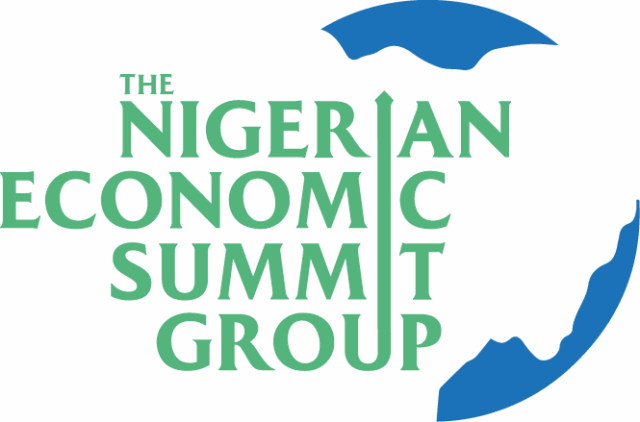Nigeria’s policy choices have continental impact, NESG warns
As preparations intensify for the 31st Nigerian Economic Summit (NES #31), the Nigerian Economic Summit Group (NESG) has issued a timely reminder that Nigeria’s domestic policy decisions resonate far beyond its borders, significantly influencing the economic trajectory of the African continent.
This was made known in a statement released on Monday and signed by Ms. Ayanyinka Ayanlowo, Acting Head of Strategic Communication and Advocacy at NESG. The statement comes ahead of the annual summit, scheduled to hold in October in Abuja, under the theme:
“The Reform Imperative: Building a Prosperous and Inclusive Nigeria by 2030.”
With a population of over 200 million people and a gross domestic product valued at ₦372.8 trillion, Nigeria stands as Africa’s most populous country and its fourth largest economy. NESG emphasized that the pace and nature of Nigeria’s reforms—or their absence—have ripple effects on regional trade, investment trends, and integration frameworks across Africa.
“As Africa’s most populous nation and one of its largest economies, Nigeria’s domestic policies have ripple effects across the continent,” the statement read. “With global trade dynamics in flux and a renewed push for regional integration, NES #31 will also interrogate how Nigeria can lead Africa’s economic renaissance through trade, technology, enterprise, and diplomacy.”
Focus Areas and Thematic Priorities
The summit will place emphasis on:
-
Deepening Nigeria’s role in global and regional value chains.
-
Improving the ease of doing business.
-
Unlocking private capital.
-
Expanding digital infrastructure and skills for the 21st-century economy.
These areas, NESG noted, are critical to driving inclusive growth and positioning Nigeria for long-term competitiveness.
The statement also underscored the urgency of sustaining reform momentum, referencing NESG’s historical role in advancing sectoral reforms in telecommunications, banking, maritime, agriculture, and energy.
“Over the years, NESG has served as a trusted platform for major reform milestones,” it noted. “Yet, sustaining momentum requires more than bold ideas; it demands institutional continuity, political will, and active citizen participation.”
NES #31 aims to explore how Nigeria can institutionalize reform-minded governance, minimize policy reversals, and ensure reforms are citizen-centered, inclusive, and results-driven.
Summit Structure and Sub-Themes
The summit will feature a robust mix of plenary sessions, technical dialogues, high-level roundtables, and sector-specific engagements, designed to drive actionable multisectoral strategies, influence public policy, and strengthen Nigeria’s capacity to meet its 2030 development goals.
Key sub-themes to be addressed include:
-
Driving Industrialisation-Led Growth: Expanding Nigeria’s industrial base through value chain development, SME integration, and technological innovation.
-
Building Infrastructure for Competitiveness: Accelerating infrastructure investment to enhance productivity, lower transaction costs, and promote regional trade.
-
Advancing Inclusion for Shared Growth: Promoting economic participation for women, youth, and underserved groups via targeted social and economic interventions.
-
Strengthening Institutions for Sustainable Impact: Enhancing public sector accountability, regulatory effectiveness, and service delivery to foster long-term development.
-
Unlocking Investment Amid Global Trade Shifts: Positioning Nigeria as a top investment destination by leveraging the African Continental Free Trade Area (AfCFTA), diversifying export offerings, and strengthening investor confidence.
As Nigeria faces a critical inflection point in its economic and governance landscape, NES #31 will serve as a national platform to chart a transformative path forward, anchored on reform, resilience, and shared prosperity.














Post Comment